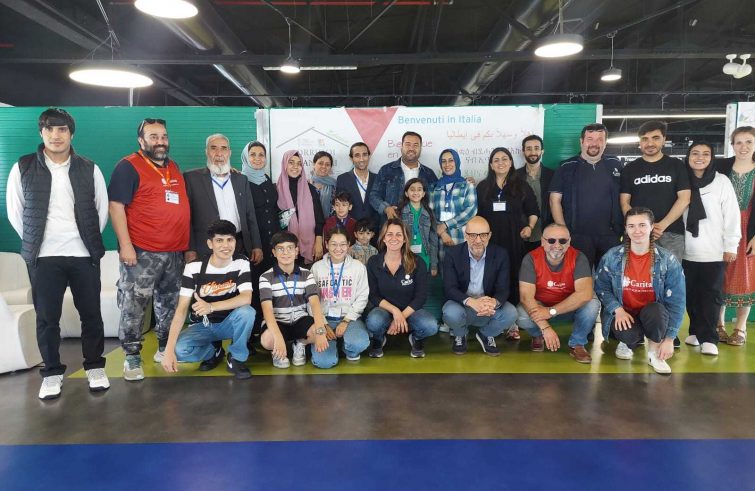
The work corridors are the result of an agreement between the Community of Sant’Egidio and the Ministries of the Interior, Foreign Affairs and Labour, signed on 12 April 2024. The aim is to promote exchanges between entrepreneurs in need of workforce, especially in non-European countries, and workers, on the basis of professional and vocational training, including knowledge of the Italian language, acquired in the countries of origin. The beneficiaries of the project are 300 citizens from Lebanon, Ethiopia and Côte d’Ivoire. They will be welcomed in three Italian regions: Veneto, Lazio and Calabria.
This agreement is especially important because it creates a legal route connecting with the humanitarian corridors, based on that positive experience of reception and integration. It is also designed to contribute to the national economy through the development of the labour market, currently suffering a downturn in some sectors”, said the President of the Community of Sant’Egidio, Marco Impagliazzo. Therefore,
“it brings together the needs of many entrepreneurs with those of many non-EU nationals who need a future and a job and are offering their competences.
They will be trained in professions that are currently experiencing a systematic shortage on the labour market, to the extent that employers’ needs have long been unmet. These include jobs as nurses, in the tourism sector and in road transport.
The project is not limited to training and job placement, for it creates the conditions for the long-term integration of non EU-citizens into Italian society. As such, it is a necessary prerequisite for the activation of integration pathways that include language courses, stable housing solutions and family reunification.











